In 2000, the PLC created the world’s first independently verified certification program, the Master Logger Certification Program® (MLCP). Today, the certification is represented in 20 states and 3 countries. The Master Logger Certification Program® offers independent certification of logging companies’ harvesting practices. The certification system is built around standards that have been cross-referenced to all of the world’s major green certification systems.
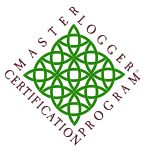
About Master Logger Certification Program®
To learn more about the program, including how to become Master Logger Certified, visit:
Who? The Master Logger Certification Program® (MLCP) was created by the loggers of the Professional Logging Contractors of the Northeast (PLC) as a way for exemplary forest professionals to differentiate themselves. This program was the first of its kind in the world, offering point-of-harvest, independently verified certification of logging companies’ harvesting practices. The certification system is built around performance standards that have been cross-referenced to all of the world’s major green certification systems and has been adopted by several other North American states and Canadian provinces. In 2007, the MLCP expanded from Maine to throughout the Northeast, to include loggers in Maine, New Hampshire, Vermont, Massachusetts, Connecticut, Rhode Island, and New York. While companies range in size from large contractors to small, independent sole proprietors, together they represent all areas of the Northeast.
What? The content of MLCP is based on a common vision for communities and forest resources of the Northeast. Nine goals guide loggers in their work: Document Harvest Planning, Protect Water Quality, Maintain Soil Productivity, Sustain Forest Ecosystems, Manage Forest Aesthetics, Ensure Workplace Safety, Demonstrate Continuous Improvement, Ensure Business Viability and Uphold Certificate Integrity. These are detailed more with harvest responsibilities and explicit performance standards under each goal. Field verifiers visit actual harvest sites to determine whether candidates for MLCP are meeting and exceeding the required performance standard. Their findings are submitted to an independent board that makes the final decision. To remain Master Logger Certified, each company must be recertified after two years and every 4 years if without incident. Random audits are performed between recertifications, encouraging the upgrading of skills within the company, continuous improvement, and an attitude of partnership with other forest professionals and their associations. In 2005, the MLCP was recognized by Preferred by Nature’s SmartWood program with the first ever SmartLogging certificate. This certificate represents an independently verified, global recognition of the integrity of the Master Logger standard.
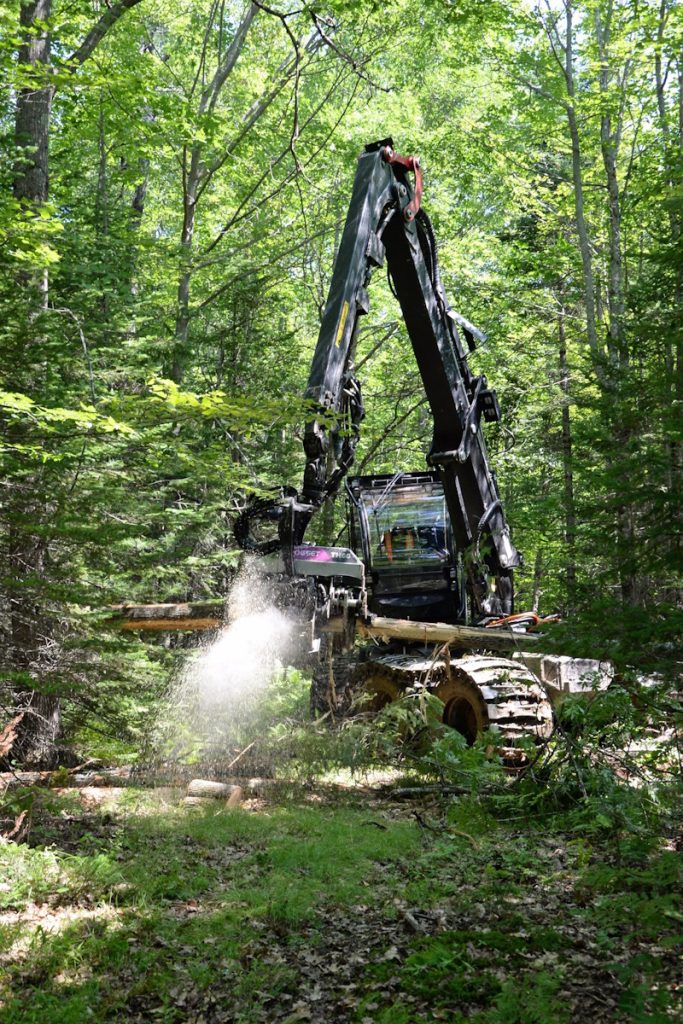
Where? As of 2025, Master Logger programs have been created based on this model in the New England states, New York, Arkansas, California, Florida, Georgia, Idaho, Louisiana, Michigan, Minnesota, Missouri, Oregon, South Carolina, Washington, and Wisconsin, as well as Estonia, Columbia, and Japan.
When? Rather than be swept along by the changes occurring in the global marketplace, the PLC decided in 2000 to reinvent their profession and hold it to a world-leading standard of excellence. Their success has attracted national and international attention. In 2002, this pioneering effort in designing and implementing the Master Logger Certification Program® program was unanimously adopted as the national model for logger certification by the 27 state associations in the American Loggers Council.
Why? The Master Logger Certification Program® goes beyond traditional training programs—it’s a mark of genuine expertise and commitment to sustainable forestry practices. Unlike programs that focus on classes or workshops, this certification verifies that certified loggers are actively implementing best practices on the ground every day. It recognizes timber harvesters as true stewards of our nation’s renewable forest resources, promoting continuous improvement in the industry. As Sam Lincoln, a proud certified Master Logger, says: “The program recognizes that we are the boots on the ground professionals who put best practices into place, and they provide responsive support for our business.”
For more information call 207-688-8195 opt. 2.
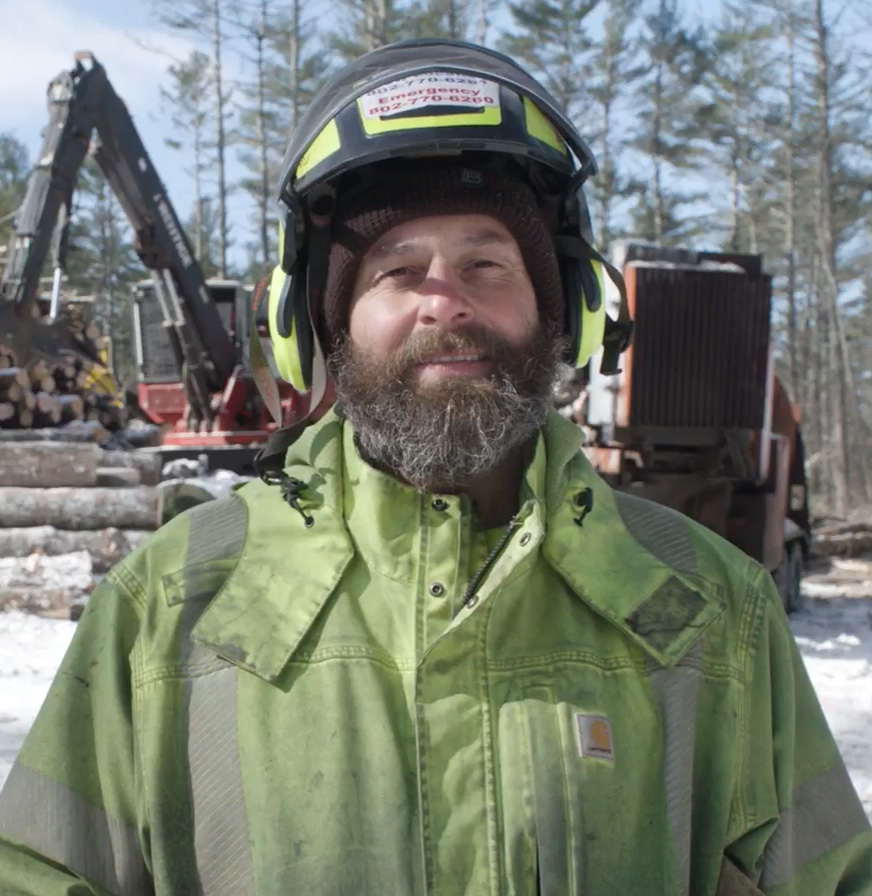
“If you are a Master Logger, you are definitely doing what you are supposed to be doing out here; so when things are tight, we are able to get work and we are able to move our wood.”
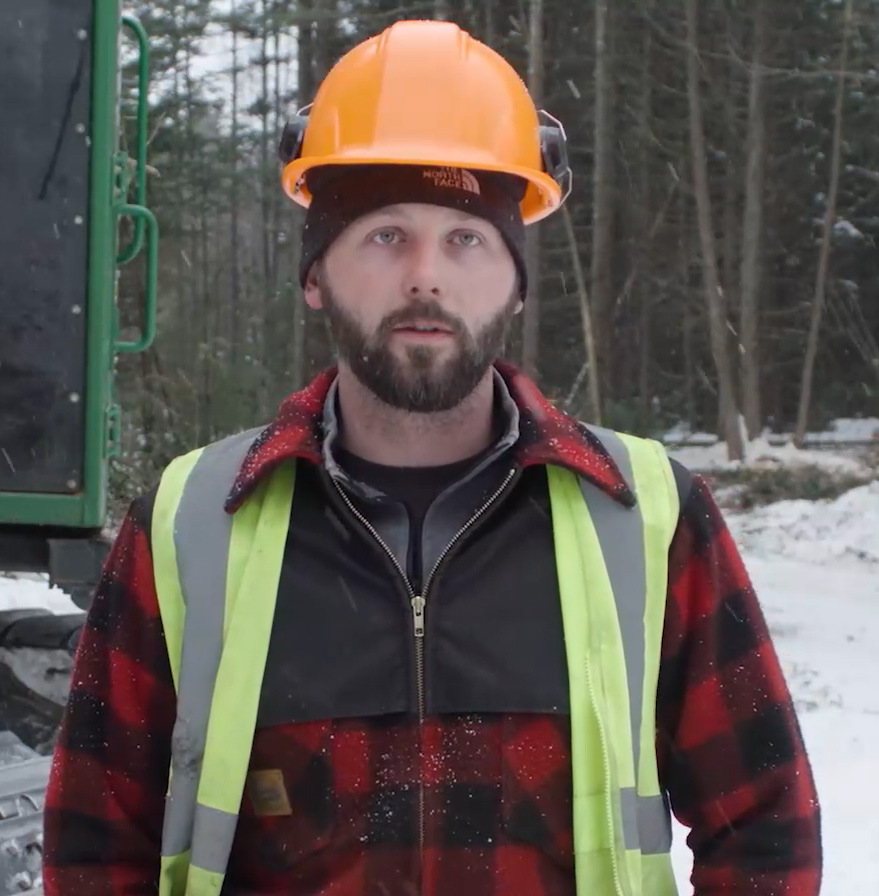
“What made me decide to get Master Logger Certified was that I felt like loggers were not getting the recognition they deserve, and I really wanted that stamp of approval. The Master Logger program gives you the tools to really do nice work in the woods and create a sustainable, healthy forest.”
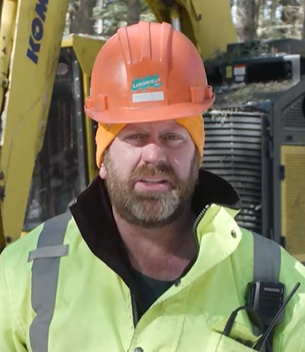
“I’m proud to be certified by a program that promotes continuous improvement in the logging profession. The Master Logger program recognizes that we are the boots on the ground professionals that put best practices into place and provides responsive support and programming for our businesses.”
– Sam Lincoln, Lincoln Farm Timber Harvesting, Master Logger in VT
